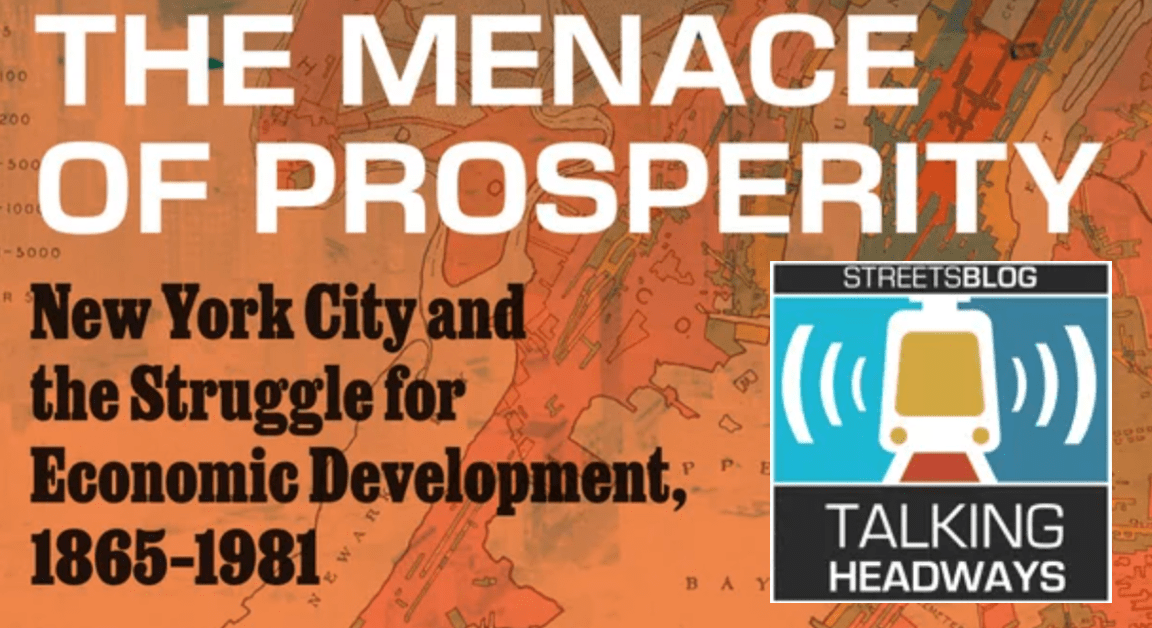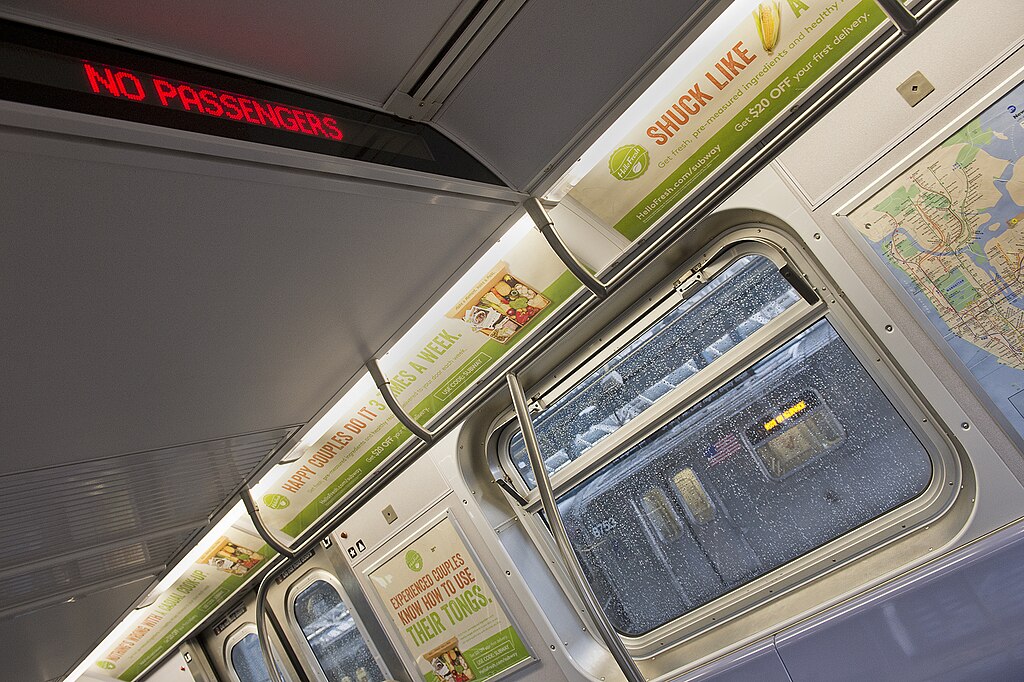It's a welcome sign of progress that developers are beginning to shift towards building more walkable, mixed-use projects.
Of course, now that more builders recognize the value of transit-oriented development, the term is vulnerable to exploitation. Tools like Walk Score and Abogo can help consumers find walkable places to live with good transit options, but how can we be sure that a building is as transit-oriented as a developer may claim? Maybe it's time for a rating system, like "certified organic," that could apply to a single development.
The bloggers at Livable Bay and Straight Outta Suburbia have spent some time thinking about this issue, and they're putting together a rating system to test claims of transit orientation. Their system would rate projects based on proximity to transit, compactness, mix of uses and walkability/bikeability:
First, a property must be within 1/3 mile of transit. This is obvious--if there's no transit--not even a bus line--then it's sprawl. Property that creates congestion doesn't deserve to be measured by this metric.
Similarly, if the density of the development is not above 1.25 FAR, it is not dense enough to be smart growth. (FAR is a rough formula for density. It stands for "Floor Area Ratio," and it equals the surface area on all floors divided by the size of the property.) Imagine, for example, if a developer put single family homes next to transit, or even an apartment building with a large surface parking lot. It might be near transit, but that doesn't mean it's transit oriented, and it certainly isn't smart growth. Single family homes and surface parking lots are congestion oriented, not transit oriented, and such properties are inappropriate for this test.The closer you are to transit, and the better the transit, the more points the development earns. If the property is across the street from transit, it should be rewarded for that. In addition, the more frequent the transit service, the more points. Properties that include commercial space, office space, or both are rewarded. Many people overlook the importance of office space in smart growth. It ensures people can live near their work.
What do you think? Could a system like this hold developers accountable for their marketing? Is this ground already covered by the existing standards in LEED ND (a green building rating system for neighborhood-scale development)? Livable Bay is asking for feedback on the rating system. What's your advice?






